Conference dates
22 - 24 December, 2025
Organized by
Samtse College of Education
Royal University of Bhutan
Venue: Thimphu
Bhutan’s commitment to advancing Science, technology, engineering, and mathematics (STEM) education is evident in recent initiatives that recognise science and technology as essential to the future. Policymakers and educators are prioritising reforms to spark scientific curiosity in students. The proposed International Conference on STEM Education at Samtse College of Education (SCE) presents a valuable opportunity for global and local stakeholders to exchange insights, fostering innovation in Bhutan’s education system.
The initiative aims to unite global STEM experts to share insights, build collaborative networks, and explore innovative teaching practices. This effort supports Samtse College of Education and the Royal University of Bhutan in advancing STEM education with a global perspective on knowledge, skills, and attitudes.
The following sub-themes provide a comprehensive framework for the conference, addressing various facets of STEM education, including pedagogy, technology, inclusivity, and adaptability to changing educational and societal needs:
Featuring esteemed experts in the field of science and STEM education.
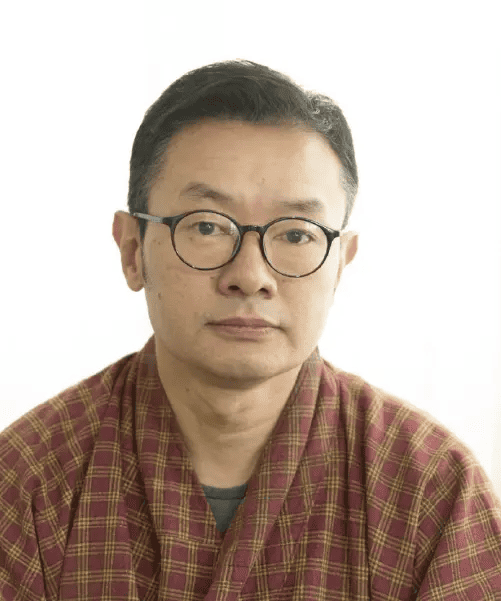

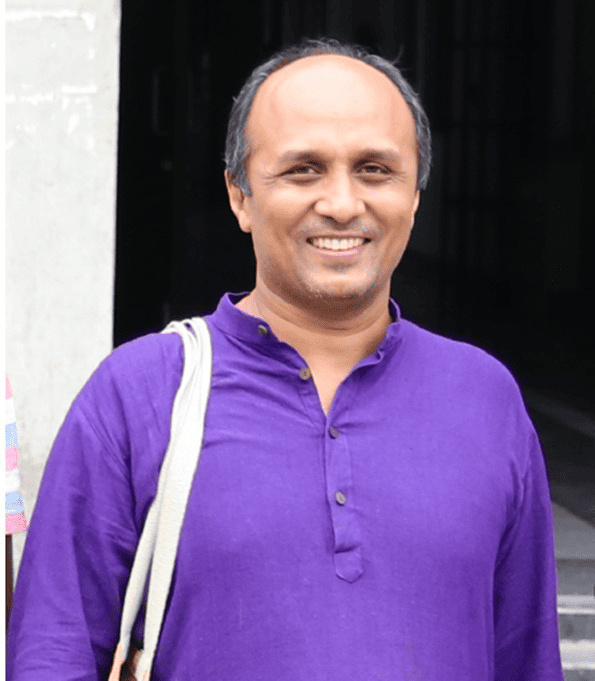
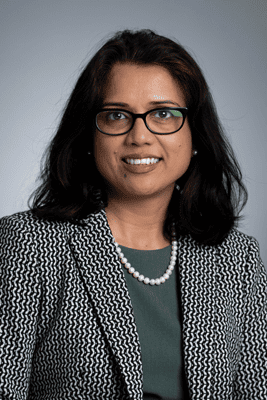
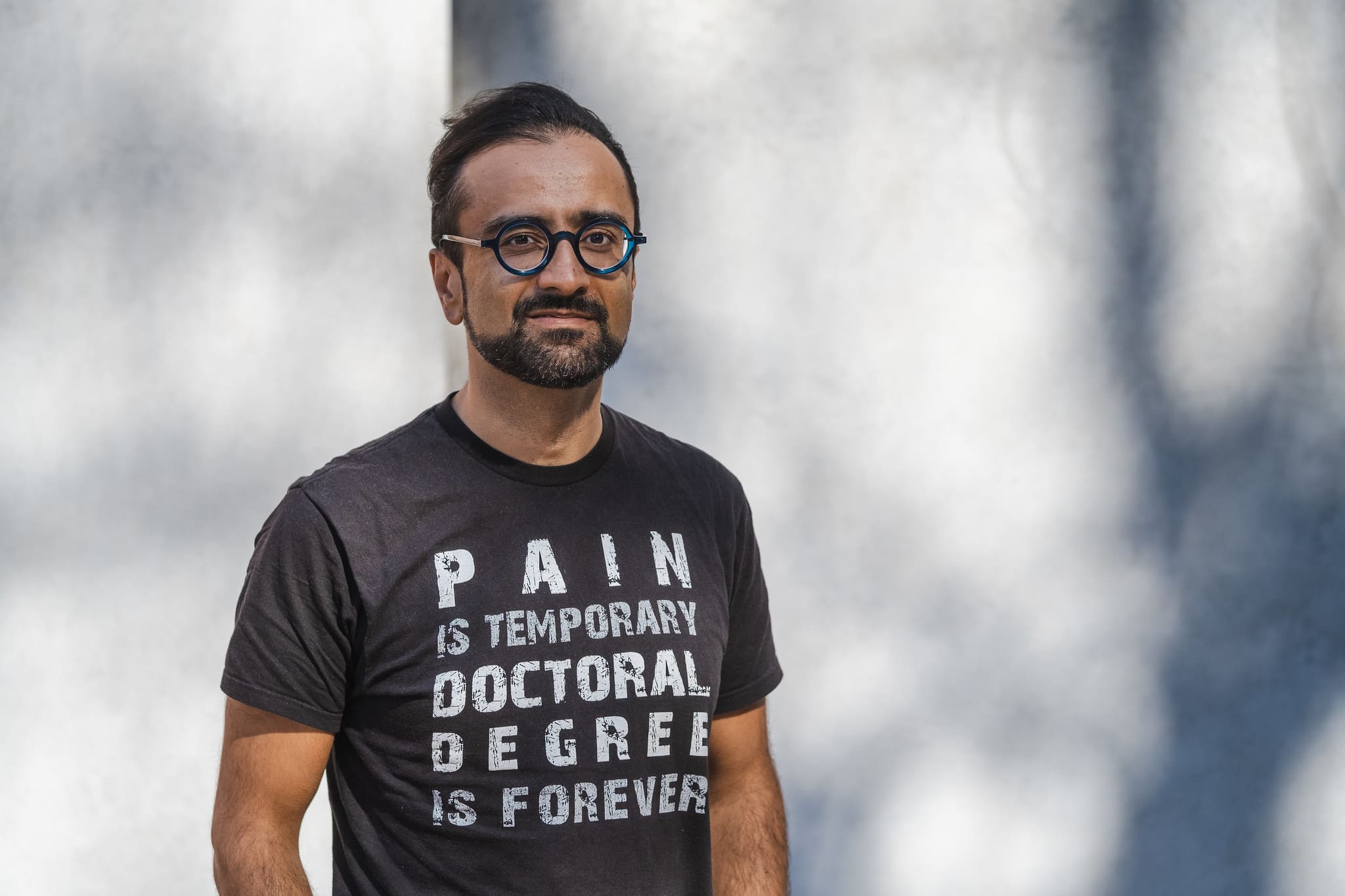
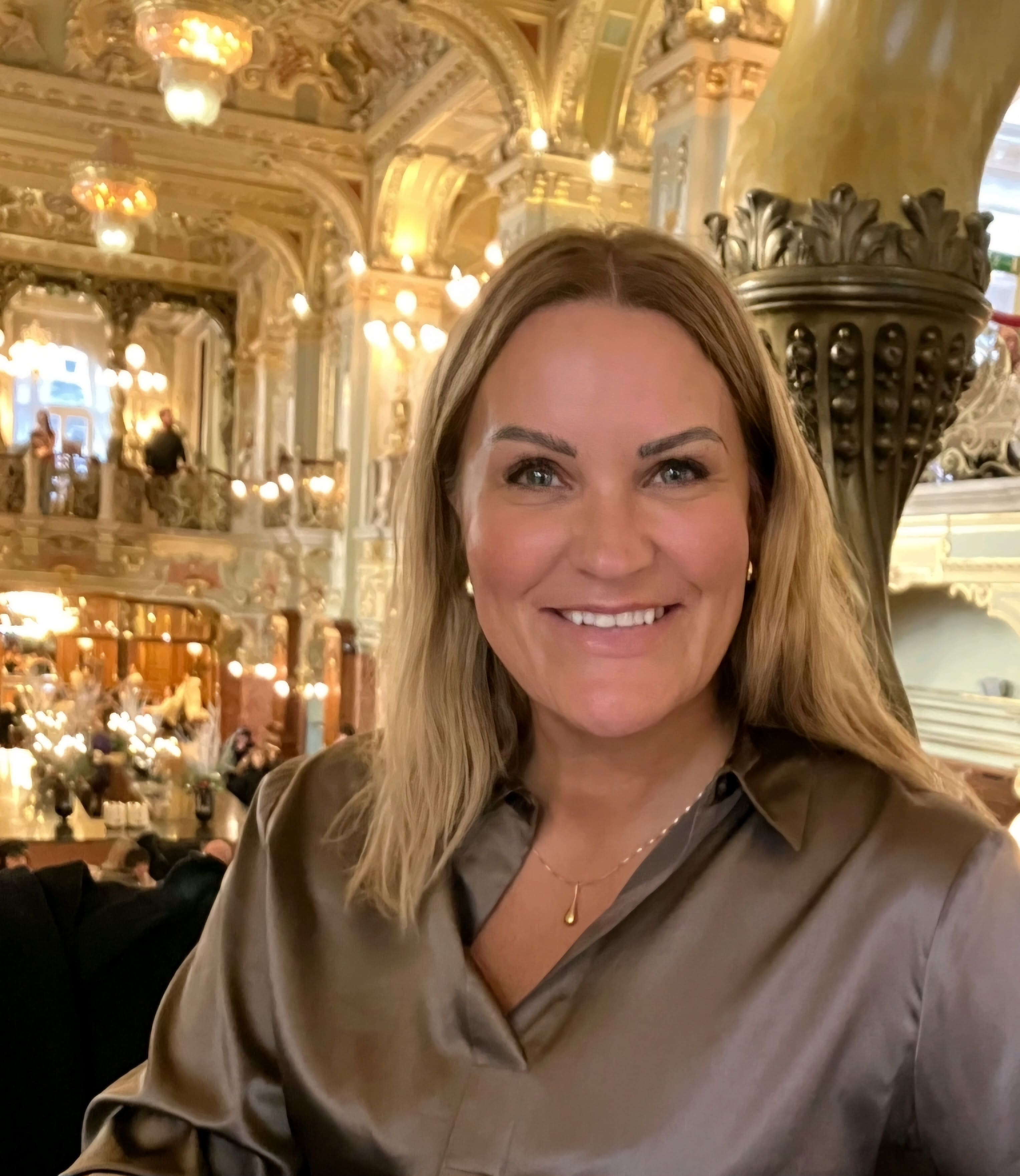
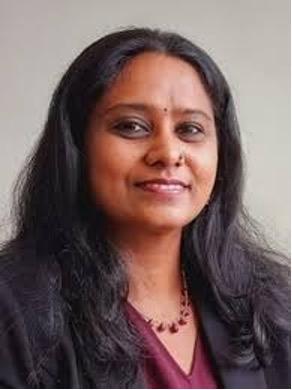
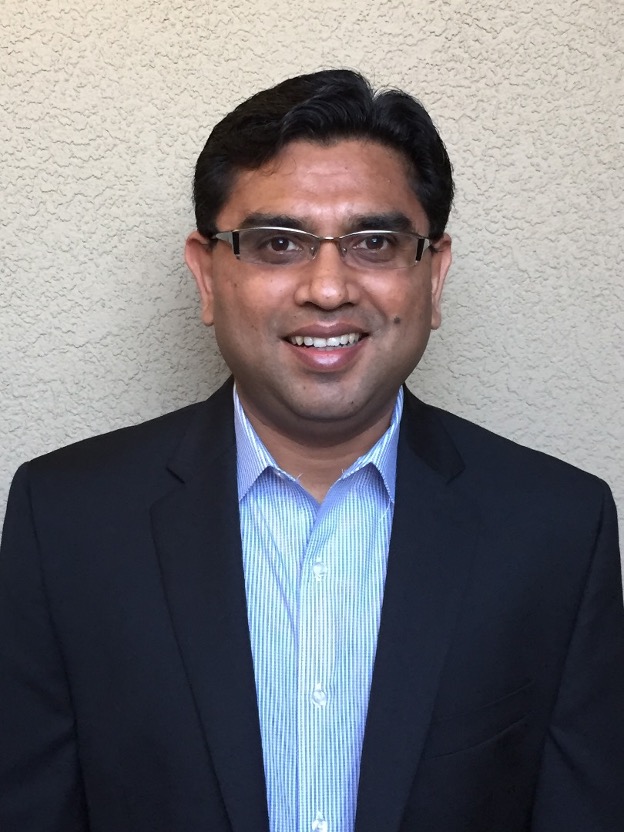
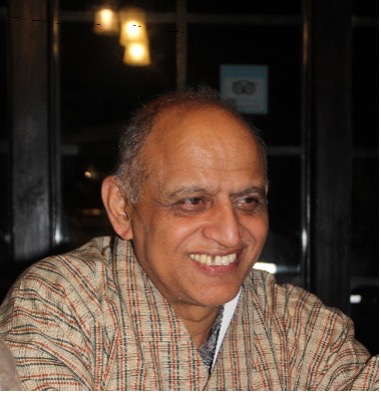
All accepted abstracts will be published in both print and electronic formats with an ISBN and will be made publicly available. Authors of IC-STEME25 who wish to submit full manuscripts will be invited to publish in Education Innovative Practices (EIP), the peer-reviewed academic journal of the college.
📖 View PublicationFor VISA and Permit following are the documents requirement for international participants:
* Nationals of Bangladesh and the Maldives are eligible for visa on arrival. Nationals of Thailand and Switzerland holding diplomatic/official passports are eligible for visa on arrival.
Please submit all your documents to sangaylhamo.sce@rub.edu.bt before 30 October, 2025.
Call +97517958416 for queries related to VISA & PERMIT
The target audience includes STEM educators and researchers globally, science and mathematics teachers from Bhutan and other countries, as well as educators, researchers, and scholars with a strong interest in STEM and science education. The event also welcomes the participation of all other relevant stakeholders involved in STEM education.
The registration fee for international participants includes a 5-night stay (December 21–25, 2025) at a Department of Tourism-approved 3 star hotel that includes brekfast and dinner, one-time conference gala dinner, lunch and refreshments during the conference, and conference materials. It also covers a one-time visa fee, entry to historical and cultural sites, local transportation (airport transfers and daily transport between the hotel and conference venue), and the conference tour.
Note: International participants arriving before 21st December or extending their stay beyond 25th December will be responsible for additional payments. For assistance, please contact the conference organisers.
International experts
Interactive sessions
Expected attendees